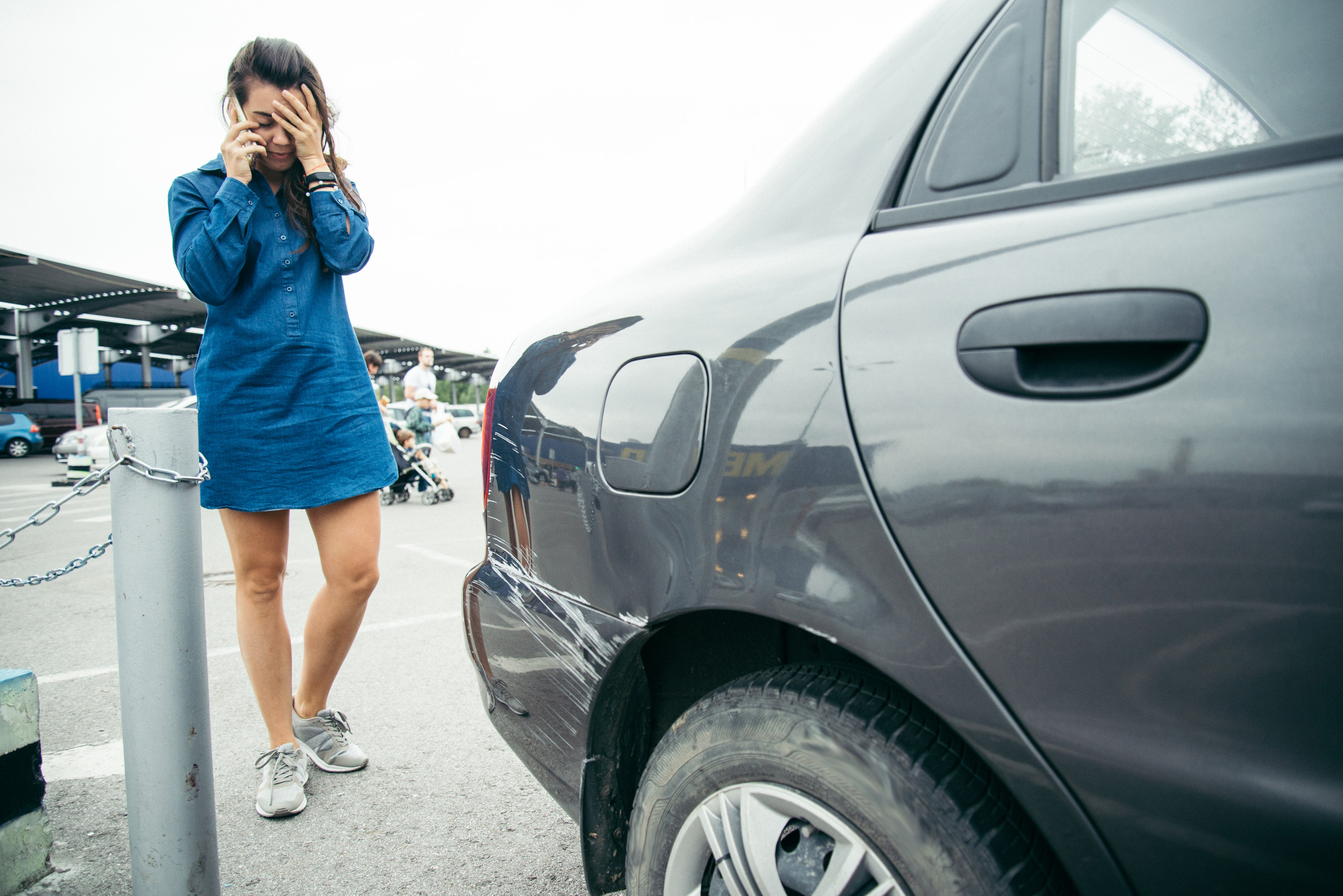
A car stalling out at a stoplight is more than a minor annoyance. It can leave you stranded. If you recently had your vehicle at the shop and this issue persists, there might be something seriously wrong. Many drivers assume a stall-out like this means something simple was overlooked, but the truth is usually more complicated than that. As a former mechanic, I can tell you that several hidden issues can cause this kind of stalling. Here are some of the most common.
1. Idle Air Control Valve Malfunctions
One of the most common hidden culprits behind stalling is a faulty idle air control (IAC) valve. This small component regulates the amount of air entering the engine when your foot isn’t on the gas. If it sticks or fails, your car may struggle to stay running at low speeds or while idling at stoplights. Even after a tune-up, a worn IAC valve may go unnoticed unless specifically tested. Replacing it often restores smooth idle performance and prevents future stalls.
2. Vacuum Leaks You Can’t Hear
Vacuum leaks are another sneaky cause of stalling at stoplights. Small cracks or loose hoses in the engine’s vacuum system can throw off the air-to-fuel ratio, leading to rough idling and sudden shutdowns. The tricky part is that minor leaks aren’t always obvious; they may not make the hissing sound drivers expect. Mechanics can miss them during routine inspections if they don’t use diagnostic smoke tests. Fixing a vacuum leak usually involves tracking down worn hoses or seals and replacing them.
3. Dirty or Failing Mass Airflow Sensor
Your car’s mass airflow (MAF) sensor measures how much air enters the engine and tells the computer how much fuel to add. When this sensor becomes dirty or fails, it can send the wrong signals to the engine. The result is poor idling, hesitation, or stalling when the car slows to a stop. Because tune-ups often focus on spark plugs and filters, a failing MAF sensor can remain undetected. Cleaning or replacing the sensor is a simple fix that often restores proper engine balance.
4. Weak Fuel Pump or Clogged Fuel Filter
Even if you’ve had recent maintenance, your fuel system may be quietly struggling. A weak fuel pump or clogged fuel filter can reduce fuel pressure just enough to cause stalls at low speeds. Drivers often notice hesitation before a stall, especially when accelerating from a stoplight. These issues aren’t always part of a standard tune-up unless you specifically request fuel system checks. Replacing filters on schedule and monitoring pump performance helps prevent sudden stalls.
5. Electrical and Sensor Glitches
Modern vehicles rely on a network of sensors and electrical systems that can cause intermittent stalling when they malfunction. Faulty crankshaft or camshaft position sensors are notorious for shutting down engines without warning. Loose or corroded wiring connections can also mimic more serious problems. Because these glitches may not trigger a check engine light, they can be challenging to diagnose. A thorough scan of your vehicle’s computer system is often necessary to pinpoint the true cause.
6. Transmission-Related Problems
Automatic transmissions are designed to disengage smoothly when you come to a stop, but problems here can also lead to stalling. A failing torque converter or dirty transmission fluid can make the car stall as if it were a manual vehicle stopped in gear. These issues are often overlooked because stalling is usually blamed on the engine. If your car shudders or struggles to stay running at stoplights, transmission service may be the answer. Keeping up with regular fluid changes reduces the risk of this type of stall.
7. Software or ECU Issues
Today’s cars are essentially computers on wheels, and sometimes the problem lies in the software itself. A glitch in the engine control unit (ECU) can cause incorrect fuel and air delivery, resulting in stalls. Manufacturers occasionally release updates or recalls to fix these issues, but not all owners are aware of them. If your car continues to stall after multiple repairs, it’s worth asking a dealer about potential software updates. Sometimes a simple reflash of the ECU is all it takes to resolve persistent stalling problems.
How to Stop Stalling Before It Happens Again
Taking your car to the shop for a tune-up is great (and responsible). But it won’t always address deeper problems with your vehicle’s systems. If you’ve recently taken your car to the shop and it’s still stalling out at stoplights, the problem can stem from a number of reasons. The best thing you can do is bring it back to your mechanic and detail the issues you are having. Pay attention to the warning signs so that you can ask your mechanic the right questions. This will help you prevent repeat stalls and get to the bottom of what is going on. It’ll save you a lot of trouble in the long run.
Have you ever dealt with a car that stalled at stoplights despite recent repairs? Share your experience and what fixed it in the comments below!
What to Read Next…
- 7 Former Dream Cars That Nobody Wants Anymore
- 10 Expert-Backed Ways to Keep Your Car Out of the Repair Shop
- 6 Car Repairs That Get Overlooked Until It’s Too Late
The post The Hidden Reasons Cars Stall at Stoplights—Even With Recent Repairs appeared first on Clever Dude Personal Finance & Money.







